Jojoba Oil for Hair: Benefits, Side Effects and How to Use
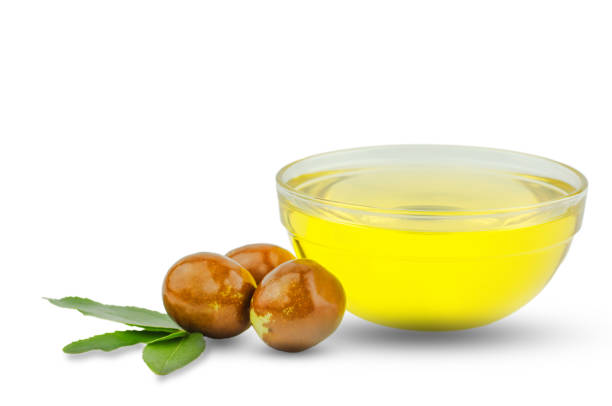
Related products
"Ho-ho-ba" is the pronunciation of jojoba oil, a liquid wax made from the nuts of the native North American plant Simmondsia Chinensis. Jojoba oil is highly sought after worldwide due to its numerous uses in medicine and cosmetics.
Jojoba oil was used by Native Americans to treat ulcers and wounds. It is very important because of its medicinal properties. Because of its exceptional moisturising qualities, jojoba is particularly beneficial for hair care routines, according to Dr. Amanda Oakley of DermNet New Zealand.
Jojoba oil offers many benefits, including promoting hair growth and avoiding dryness-related issues, because it is abundant in vital minerals like copper and zinc as well as vitamins E and B complex.
A report published by Grand View Research highlighted the global value of the jojoba oil market. According to the report, the industry's 2022 valuation was USD 130.8 million, which is a significant sum. A closer analysis shows that this golden liquid wax has a bright financial future. It is predicted to expand at a compound annual growth rate (CAGR) of about 7.7% from year-end profits to well into the next decade, extending its forecast timeline substantially through year-end 2030.
What Is Jojoba Oil?

Jojoba oil comes from the seeds of a perennial shrub called Simmondsia Chinensis, which is native to arid regions including Arizona, Mexico, and California. It can tolerate the harsh conditions of deserts because of its unique ability to retain water in its vast root systems.
Numerous pharmacological applications for jojoba oil have been investigated in-depth and substantiated by scientific research. It possesses antioxidant and anti-inflammatory properties in addition to its antibacterial ones. This oil is widely used in pharmaceuticals, especially cosmetic treatments, and has a variety of industrial uses, including lubricating and pest control. Jojoba oil is different from other oils since it is mostly (98%) waxy and contains very little fatty acid or alcohol.
To extract jojoba oil, jojoba seeds are cold-pressed to produce an oily material. The final product is then further developed for a variety of applications, primarily in the culinary and cosmetic fields, but there are many more across many industries.
Jojoba oil is unique chemically because of its unique molecular structure, which is more akin to human sebum or skin oils than to traditional vegetable oils. This gives it superior absorption capabilities into hair and skin without leaving behind the thick residues that most of its analogical counterparts leave behind, which opens up a variety of opportunities, particularly from a cosmetic standpoint.
It's interesting to note that, despite being almost entirely (97%) monounsaturated fats, it has a stable shelf life and doesn't easily oxidise or turn rancid like common natural edible oils that are frequently exposed to long periods of time in environments like heat and light, among other things, guaranteeing long-lasting quality assurance benefits.
Jojoba oil's natural vitamin E components, which successfully fend off free radicals, also provide it excellent antioxidant properties. Important minerals like copper and zinc, along with a potent vitamin B complex that boosts white blood cell production and fortifies the immune system as a whole, further reinforce it. These advantages, which come from this amazing gift from nature, directly support holistic wellness.
Benefits Of Jojoba Oil For Hair

Moisturizing and Hydrating
Jojoba oil is the key component when it comes to hair hydration. Because of its molecular structure, which is similar to that of sebum, the natural oils on the scalp, it may be absorbed into the skin efficiently and without leaving any residue. Jojoba oil provides continual moisturization by forming a protective layer around each hair strand and restoring moisture lost due to harsh weather or frequent styling processes.
Additionally, by successfully mimicking such missing components, jojoba oil helps treat dry and brittle hair, which often results from inadequate scalp lubrication—something our bodies normally replace through sebum. This vibrantly restores prior shine and naturally revitalises general health.
Scalp Health
Jojoba oil is well renowned for its amazing restorative properties, which not only repair damaged hair but also provide optimum vitality over baseline scalp conditions. This is partly due to its natural anti-inflammatory and antifungal properties.
Addressing dandruff concerns is also a big help, in addition to dealing with common problems like itching or redness associated with sensitive scalps and regular problems caused by bacterial or fungal colonisation that leads to infections there. These concerns are more prevalent among those who have dryness- or flaking-related issues that significantly lower their self-esteem and eventually work to advance holistic wellness on a worldwide scale.
Hair Growth
There are several significant ways that jojoba oil supports the development of a healthier mane. Its exceptional capacity to clear clogged follicle outlets—which are usually brought on by excessive accumulation from daily pollution exposure and product buildup factors—is among its most noteworthy features. This limits the normalcy of the process of replacing new strands, slowing it down considerably and requiring outside assistance—this is where our hero of the day truly excels.
Additionally, just applying it to the scalp encourages circulation, which raises follicular activity and, ultimately, hair regrowth, thereby addressing the thinning texture problems that significantly and adversely impact people's identities in general.
Hair Strength and Shine
Essential nourishing components found in jojoba contribute to its penetrative properties, enhancing elasticity and preventing breakage by promoting deep conditioning benefits all the way to the cortex layer of hair strands.
Additionally, following numerous treatment sessions that increase vitality levels and produce readily controlled salon-quality softness, having shiny hair becomes the norm rather than the exception.
Protection Against Damage
Protect yourself from common environmental hazards including UV ray damage and heat damage from overusing stylising equipment. Consistent use will also greatly reinforce durability measures, guaranteeing healthier, longer-lasting enthusiasm that is undoubtedly resilient to shifting trends without being affected by them. This is mostly because of the natural protective qualities of jojoba oil, which always come through when needed.
Side Effects And Precautions
Allergic Reactions
Even though it might not be to everyone's taste, jojoba oil is of the safest compounds found in nature. Allergies to it are rare but do happen. When applied to the skin, rashes, itching, or inflammation are indications of a potential allergic reaction that need to be treated carefully. Misuse of a product often results in unwanted side effects rather than the substance itself.
Patch tests are essential before full-scale implementation because they allow for the careful evaluation of each person's body's response to direct topical exposure before regular regimen incorporation plans are implemented. This is especially important in light of the previously mentioned (albeit uncommon) consequences. This guarantees the maximum level of safety ahead of any possible adverse consequences that might occur if not handled with caution.
Potential Overuse Issues
Jojoba oil has natural benefits, but excessive use can cause problems including greasy hair and a greasy scalp. Overuse negates its natural benefits, such as hydration lock-in, and instead results in numerous cycles of hair washing.
As a result, individual traits like the level of dryness and coarseness of the mane's texture influence how frequently it should be used. A balanced diet is provided by the proper dosage and frequency of application, which also avoids greasy appearances and the risks of root damage brought on by too much oil. Home-rooting once more that moderation opens the door to optimum efficacy, these diligent procedures, endorsed by dermatological advisories worldwide, ensure the promotion of healthy growth.
Interactions with Other Products
Jojoba oil can be mixed in many different ways with other therapies. However, during the experimental phases, awareness is crucial to monitor how each constituent interacts or alters its original qualities. When jojoba is mixed with essential oils like lavender or tea tree, its effectiveness is greatly enhanced for a range of hair problems. For instance, combining lemon juice and tea tree extract enhances dandruff management and offers a natural substitute for harsh synthetics used in conventional treatments. Remember that results vary greatly depending on individual skin sensitivity and product compatibility; careful testing on tiny areas before full application is still essential.
How To Use Jojoba Oil For Hair
Pre-Shampoo Treatment
An efficient method of detangling hair, retaining its natural moisture, and forming a protective layer around each strand to lessen damage from cleaning processes is to use jojoba oil therapy prior to shampooing. Before applying a pre-shampoo mask, warm the oil between your fingertips and evenly distribute it over your dry hair and scalp. Room temperature is sufficient for the oil, however warmth speeds up the rate of absorption.
Depending on hair type and personal preferences, the recommended length for leaving the oil in varies from 20 minutes to overnight. This is mostly determined by practical considerations, such as time management or the need for prolonged deep feeding, among other things. Professional hair stylists recommend using the middle route technique, which balances moisturising and applying treatments three times a week.-needs fulfilment as opposed to possible residual-avoidance of overload due to the dangers of excessive grease accumulation.
Scalp Massage
Enhancing blood circulation by jojoba massage promotes the best possible delivery of nutrients to follicular areas. Additionally, it improves better sleep, which is directly linked to healthier hair development, by producing relaxing endorphin neurotransmitters. To enhance your technique and achieve better results, begin your sessions with only your fingers or speciality brushes designed to encourage the use of firm yet gentle strokes.
Furthermore, frequent use significantly lowers the risk of dandruff outbreaks, which are mostly brought on by jojoba's antimicrobial and anti-inflammatory properties, which relieve common irritants like itching, redness, and swelling that most patients with seborrhoeic dermatitis (disorders primarily affecting the mane and scalp) experience.
Leave-In Conditioner
Jojoba works remarkably well as a leave-in conditioner, sealing damp hair after washing, smoothing the cuticle layer, and adding shine without weighing down even the finest textures. This is in contrast to the heavier versions that are available on the market. Simply put a few drops on your hand and rub them gently into your towel-dried hair.
For average medium-length straightened hair, two to three droplets are usually plenty; these can be adapted downward for thinner types or upward for coarser densities. Dosage, however, is mostly based on personal conditioning requirements, which are influenced by a number of variables, including weather, porosity, density, and mane length.
Deep Conditioning Treatment
Include jojoba oil in your deep-conditioning routine to increase moisture and encourage cell renewal, both of which will result in better root growth. Once the ends have been shampooed, mix with additional nutritious substances such as honey, egg yolk, or coconut milk to create a thick paste. To guarantee that the most benefits are absorbed, wear a shower cap for at least half an hour before washing.
These treatments are quite beneficial when used regularly, especially for those whose hair has been damaged over time by chemical treatments (such as colouring or perming) or frequent use of heat stylers, which calls for fast repair. Consequently, more thorough moisture restoration procedures are now accessible.
DIY Hair Masks
A cheap and effective technique to find the secret to the lusciousness that everyone desires in hairstyles is to make DIY masks with jojoba and other natural components. For instance: To make an incredibly moisturising concoction, blend ripe avocado, jojoba, and aloe vera gel together. Each ingredient makes a unique contribution. For example, "jojoba" mimics the effects of sebum and has exceptional emollience properties; "aloe vera" provides proteolytic enzymes that repair dead skin cells on the scalp, maintaining optimal health attributes that are enriched together; and "avocado" provides essential fatty acids.
Tips for Choosing the Right Jojoba Oil
Choosing quality A cold-pressed extraction method and 100% purity are required for jojoba oil. These labels indicate that the product has undergone minimum processing, maintaining its high levels of vitamins and bioactive substances.
Good items frequently have labels like "organic," "pure," or "unrefined." A golden-coloured liquid is an indication of pure jojoba oil, as opposed to clear varieties that may have undergone refinement.
Important hints concerning farming practices that affect the quality of the final product include packaging data like the country of origin and the extraction techniques used. Glass containers are preferable to plastic ones in order to prevent possible chemical leaking into the oil.
And lastly, buy your jojoba oil from Welzo. NOW Foods Jojoba Oil is currently available; it is a 100% pure product that comes in a handy 30ml container.
Bottom Line
The North American plant Simmondsia Chinensis naturally produces jojoba oil, which has several health advantages for hair, from nourishing the scalp to treating dryness and texture problems. It efficiently reduces the risk of damage associated with cleansing methods and maximises moisture when applied as a leave-in conditioner, rubbed onto the scalp, or as a pre-shampoo treatment. Prioritise 100% pure cold-pressed forms of the product during the selection process to ensure that the bioactive ingredients are preserved. Look for labels such as "unrefined," "pure," or "organic."
Frequently Asked Questions
What are the side effects of jojoba oil on hair?
Jojoba oil typically poses no significant side effects on hair as it is hypoallergenic and non-irritating. However, like any other topical product, it might trigger allergic reactions in some individuals such as hives, itching, or scalp redness particularly those with sensitive skin types.
How do I use jojoba oil on my hair?
Applying jojoba oil to your hair involves simply warming a few droplets between fingertips and then massaging gently onto the scalp expanding towards ends ensuring evenly spread coverage across mane length overall.
What are the benefits of jojoba oil and how do you use it?
Jojoba oil's benefits include hydrating scalps, controlling sebum to prevent oily buildups that frequently cause dandruff outbreaks, strengthening roots by supplying essential nutrients that favour higher growth rates, and improving texture by retaining moisture in individual strands, which amplifies their shine. Generally, usage involves the following steps: Apply a tiny amount to your palm, massage your hands together to create heat, and then distribute evenly throughout your dry or damp hair, either before or after shampooing, depending on the particular needs that are primarily addressed there.
How and when to apply jojoba oil?
The optimal period varies largely governed by defined goals set forth: For instance, deep-nourishment purposes propose overnight treatments while general conditioning needs to stand fulfilled usually through a brief 20-minute leaving duration to suffice succeeding straightaway rinses-off schedules next morning/afterward correspondingly considered ideally suitable contextually thereafter.
Can I use jojoba oil on my hair ends every day?
While Jojoba oil substantiates an excellent conditioner for most hair textures including the driest ones proved beneficial when used frequently – A cautious approach however remains advisable limiting daily applications, especially concerning ends since overuse leads potentially towards unnecessary greasiness ensuing unpleasant heaviness sensation discomforts occurrence-wise ultimately.
Does jojoba oil help hair grow faster?
Numerous studies emphasizing healthier follicles' role critiquing faster growing/mane thickening procedures positively impacted via correct products usage consistently thereof chronically among them prominently included our key discussion focus today indeed nonetheless.



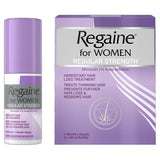
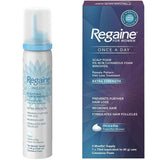




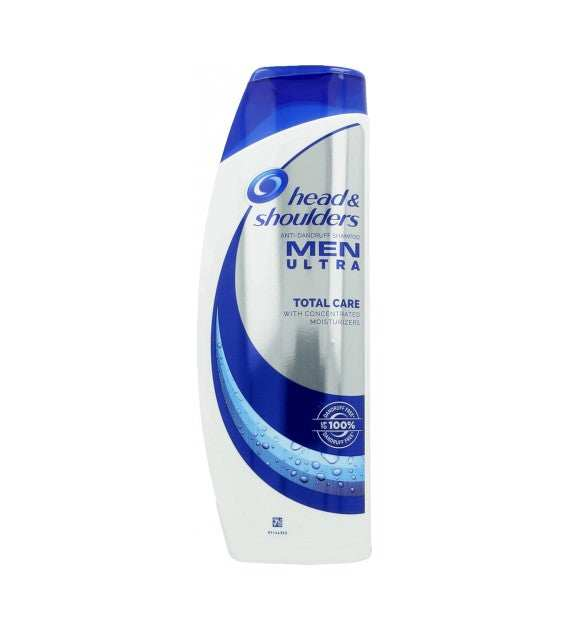
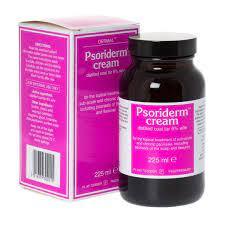
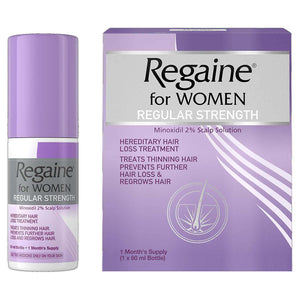
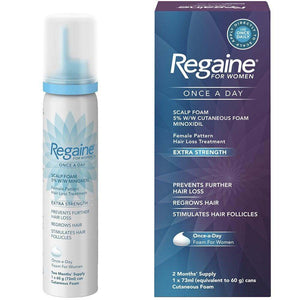
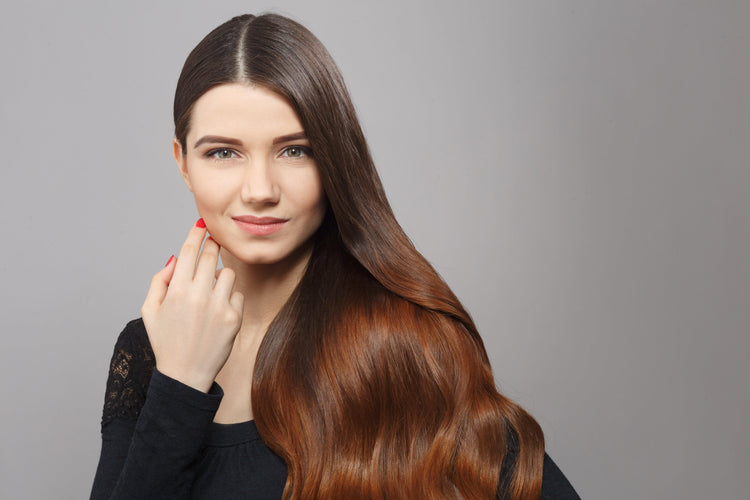

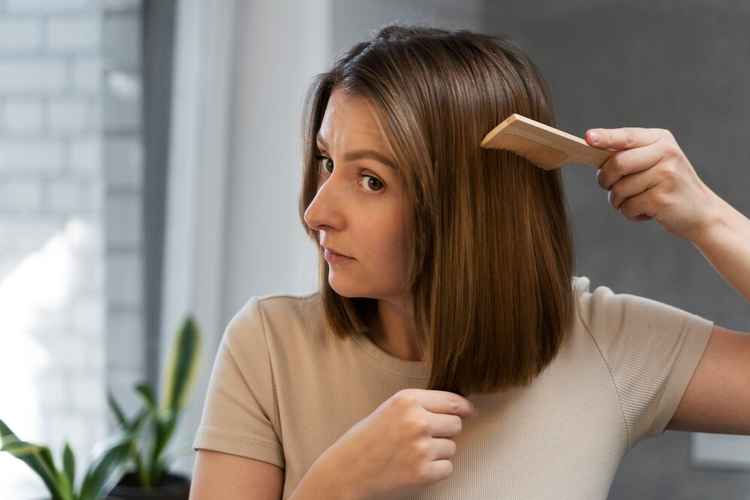



 Rated Excellent by 26,523+ Reviews
Rated Excellent by 26,523+ Reviews